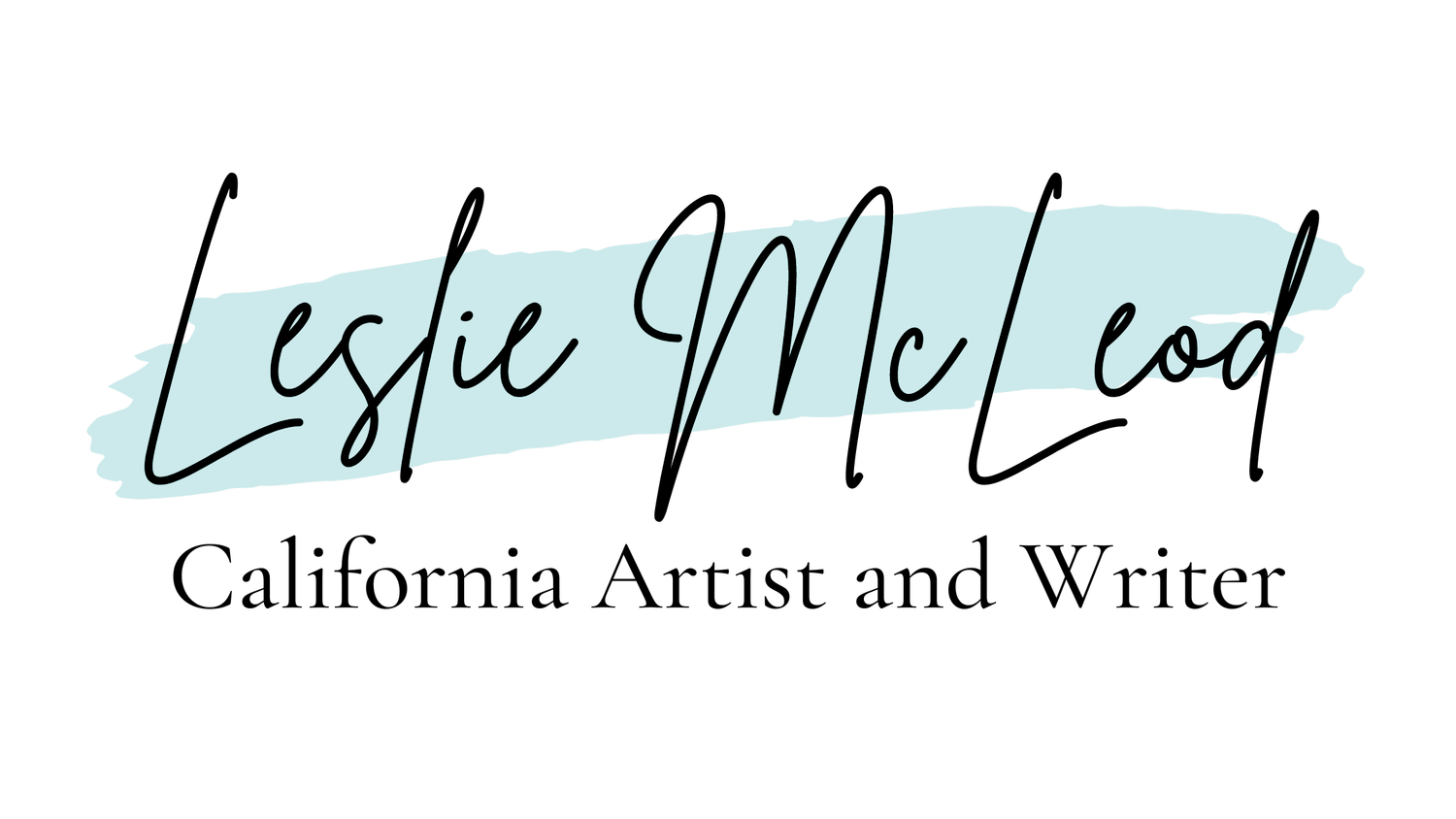Like Me
Oh, the cluelessness of youth. I cringe now.
In my defense, I didn’t have much context for understanding the aging process. My compact world consisted mostly of people who looked like me. I was Normal. My siblings and friends were Normal. My grandparents were Old. My parents? Well, they were timeless, like a sequoia.
In the rare moments that I thought about the difference between the elderly and myself, I saw them as other. A separate species. The species of Old. You were either Old or you were Not Old. People who were Old had somehow always been Old. That was their kind. In my robust ignorance, I could no more identify with their strange physical appearance than I could a mollusk or mole.
As a young adult, I recall meeting a cheerful woman at church who had deep vertical lines on the left side of her face. Shocked, I thought, “How on earth did that happen? How could she have let herself get like that?” I was sure she had made a conscious decision—or at least neglected a critical element of self-care—that allowed the wrinkles to form on one side of her face.
Father, forgive me. After more than four decades behind a steering wheel, I now have vertical lines forming on the left side of my face, where the sun has beat down on it many more times as driver than passenger. I can almost hear God chuckling.
When my husband and I were newlyweds, our neighbor, Dolly, was an octogenarian who had never married. Shy and sweet, she always wore a tidy dress, faux pearls at her neck, and a snowy white up-do. I sensed even then that Dolly was not old, but rather a young woman who had just lived a long time.
My dad and I had many conversations about the issue of aging when he was in assisted living near my home. At 88 with encroaching memory loss, he looked in bemusement at his deteriorating body, wondering—as I had—what had happened.
He spread his life-worn hands out before him, turning them this way and that. “I don’t feel old,” he observed.
No one does.
According to the Harvard Business Review (Your Messaging to Older Audiences Is Outdated, by Hal Hershfield and Laura Carstensen, July 2, 2021), “Most older people refer to ‘older people’ in the third person…they report feeling subjectively younger than they actually are. Seventy-year-olds report feeling as much as 15 to 20% younger than their chronological age.”
The reality is our bodies age gradually but inexorably. Even the most rigorous fitness and beauty regimen can only stave off the inevitable for a time. Yet inside, our spirits remain engaged, curious, vibrant. I believe that’s because we were designed for eternity; and as our bodies no longer look, work, or feel like they “should,” our soul leans into it, like a horse straining against bit and bridle towards home.
In a quote (sometimes attributed to C.S. Lewis), author George Macdonald wrote, “Never tell a child, ‘You have a soul.’ Teach him, ‘You are a soul; you have a body.’ …The body is but the temporary clothing of the soul.”
Old, young, or somewhere in the messy continuum between, we can look into the eyes of another and connect to one like us. We’ll find beauty, kinship, and—perhaps—a hint of eternity.

